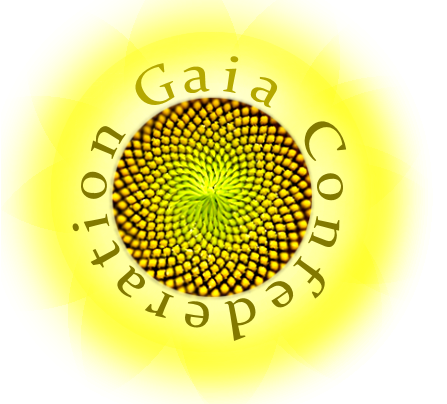In general, it is supposed by contemporary Thelemites that no one can know the True Will of another, but in Crowley’s essay „The Secret Conference“ (written under the pseudonym of Gerald Aumont, and prefaced to The Heart of the Master), he suggests that a technique may (indeed, must) be devised, by which a child’s True Will may be discovered at birth, or as early as possible in life, in order to permit the correct ordering of society. We can speculate that Crowley had an astrological method in mind, although subsequent historical developments may lead us to consider genomics as a better candidate for the hypothetical technique.
{josquote}One can not do one’s True Will intelligently unless one knows what it is.{/josquote}In Crowley’s ethical treatise „Duty „ he identifies True Will with the Nature of the individual. This capitalized „Nature“ may be compared with the „Perfect Nature“ of earlier Gnostic systems, which was another term for the personal daimon or augoeides, usually referenced by Crowley as the Holy Guardian Angel. (For this use of the term „Perfect Nature,“ see Corbin’s Man of Light in Iranian Sufism.)
The Message of the Master Therion“ (Liber II) is a seminal document that attempts to delineate the doctrine of True Will. By reference to „Liber Thisharb „ Liber II implies a theory of metempsychosis, whereby the individual True Will is the resultant of a person’s prior incarnations.
In „De Lege Libellum“ Crowley defines True Will as the will which does not „rest content with things partial and transitory, but … proceed[s] firmly to the End,“ and in the same passage he identifies that „End“ as the destruction of oneself in Love.
Thelema Aleister Crowley Book: Magick
Elias says something similar about „the overall life intent“ and that it is important to know it. I will write about that shortly.


